What I’ve Learned About Learning English
December 16, 2022
You may have noticed that SPASH has increased its diversity this year. Mrs. Dulak, an ESL (English as a Second Language) teacher, is proof of this, because while she has previously taught two students a year, she now has nine students.
I interviewed four different SPASH students; two whose native tongue was Spanish, and two whose native tongue was Syrian.
The Spanish speakers were both seniors in high school. Ariana had been studying English for five years prior, while Nicole was still in the middle of her first year.
Nicole actually used a tablet to help her translate between the English she hears and the Spanish she is fluent in.
But anyway, after I interviewed Nicole and Ariana, I introduced myself to two Syrian girls—a junior named Dana and a senior named Daleen.
They began learning English a little over four months ago, and just like Nicole, they shared a tablet.
Yet, despite Daleen’s shy manner, my awkward unpreparedness, and our shared language barrier, we had a successful interview.
Why do people learn English?
When I asked Dana and Daleen about their motivation behind attending a school where the students and teachers speak a different language than theirs, they told me, “the motivation is that we learn from [native speakers] ad develop ourselves from speaking different languages.”
Ariana agreed with them. She told me that she was learning English because she dreamed of traveling the world.
She recalled that a vast majority of universities in Peru ask their attendees to speak a second language, and she chose English, because, “in many countries, English is the official language.”
Plus, Ariana’s fluency in English could even score her a job abroad.
Is English a difficult language to learn? Why?
I am a native English speaker, so I can easily admit that I will never know the struggle of learning English as a second, third, or even fourth language.
I took Spanish classes for four years, and that was a struggle in itself.
Learning English must be a massive pain, specifically because of its alternating stress patterns.
I mean, seriously? Heteronyms sound like a nightmare, especially when you have words like “record” (document/tape) and “record” (vinyl), and no visible accents!
But I digress.
What surprised me was that it didn’t take me long to realise that I’d made a mistake.
As it turns out, I had asked the wrong group of girls about what it’s like to be an ESL student.
In short, none of them had taken the class.
But regardless, I asked the girls if there was anything they wanted their English speaking teachers and/or classmates to know.
Ariana admitted that, “Sometimes it is exhausting trying to speak another language.”
It is a lot of commitment to learning a new alphabet, new words, and a new way of grammar.
The reward, however, makes it all worth it.
Ariana similarly explained that speaking and understanding with thorough fluency is an incredible feeling.
It is what motivates her to want to continue her quest to learn the English language. “I feel that I am progressing and improving my English,” she concluded.


























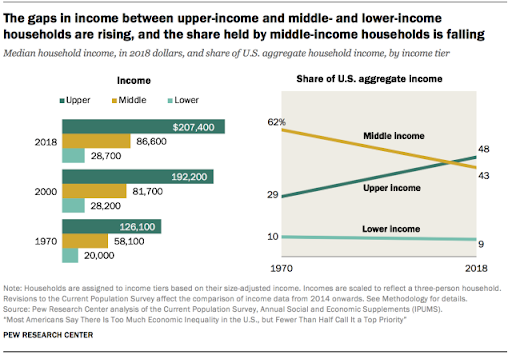











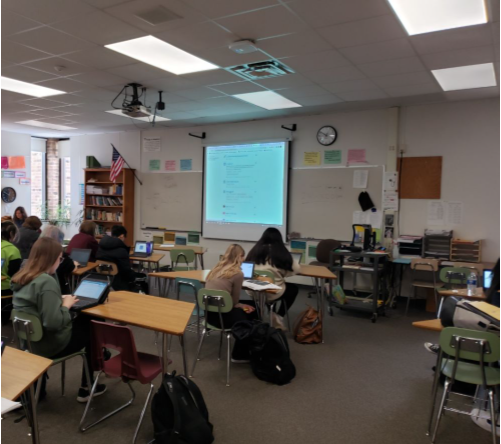
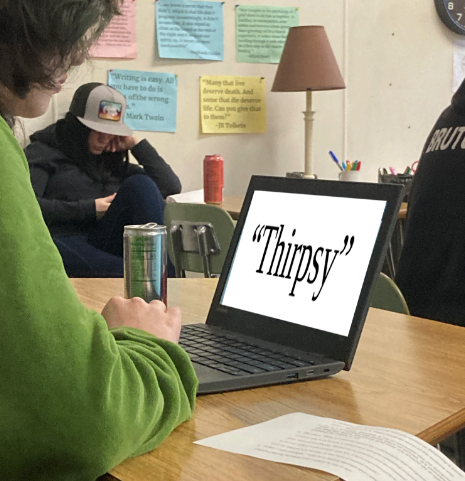





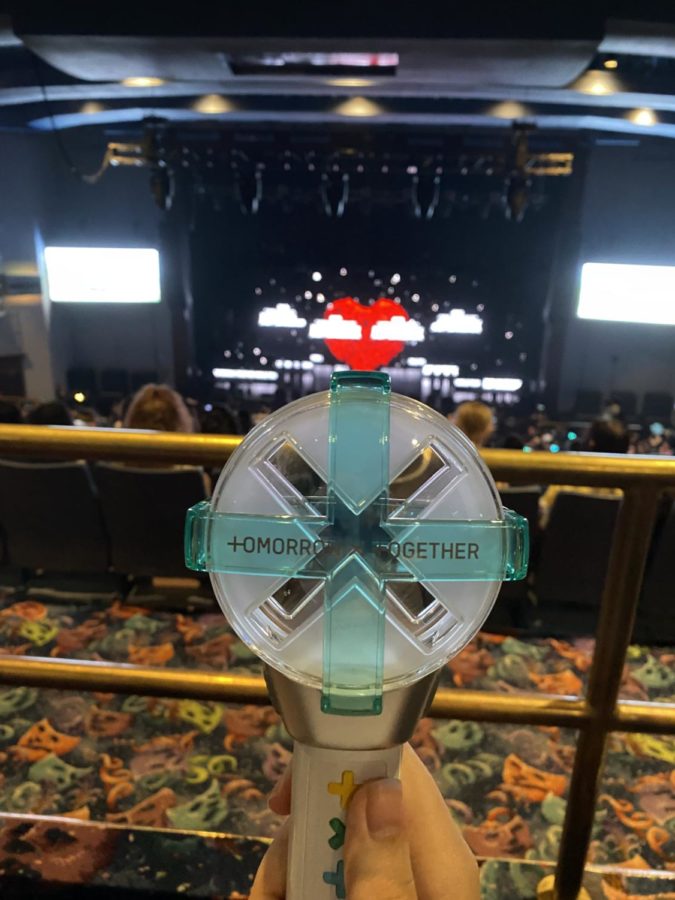

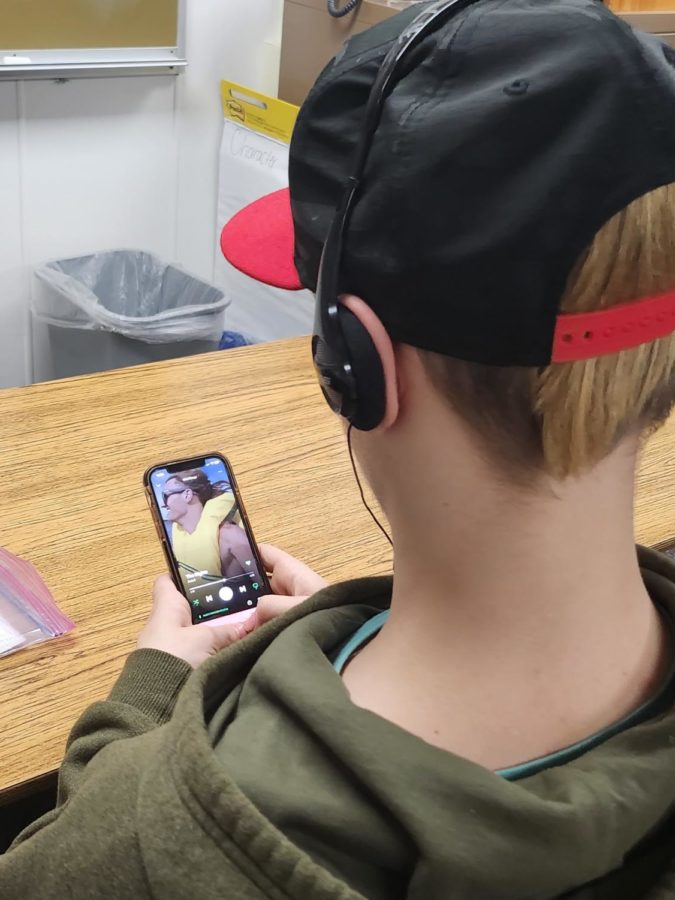







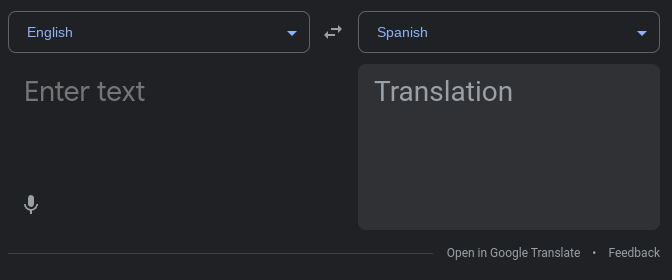


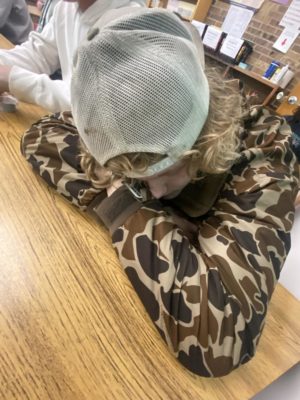

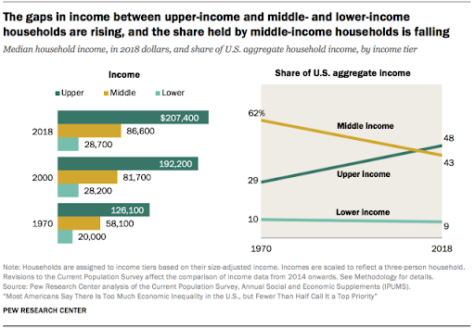

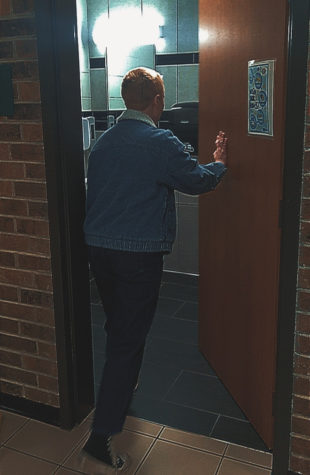


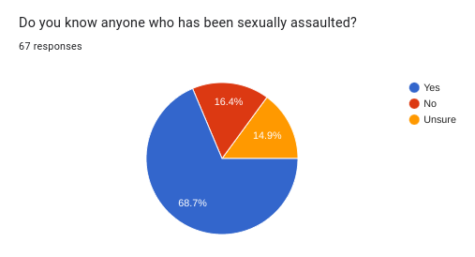
zach anderson • Dec 19, 2022 at 8:05 AM
Lola, I like how you have students that come from different places and that you have how long they have been in the states. I think it puts more of an emphasis on how difficult it can be for these students to be learning English.